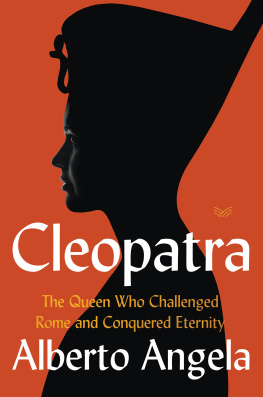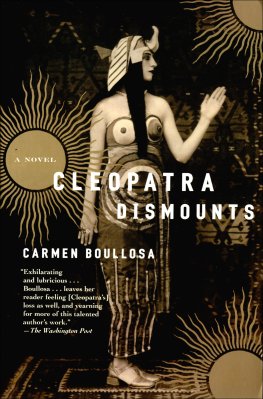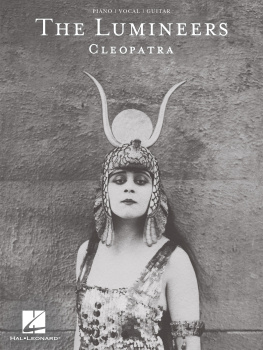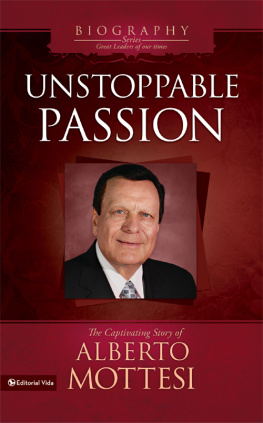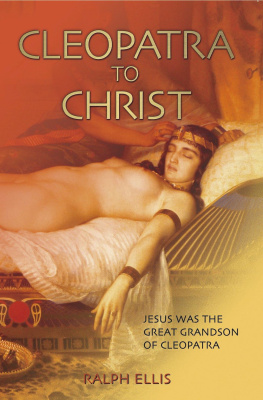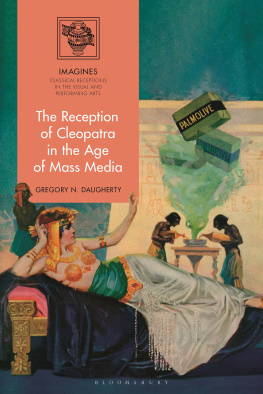Alberto Angela - Cleopatra
Here you can read online Alberto Angela - Cleopatra full text of the book (entire story) in english for free. Download pdf and epub, get meaning, cover and reviews about this ebook. year: 2021, publisher: HarperVia, genre: Art. Description of the work, (preface) as well as reviews are available. Best literature library LitArk.com created for fans of good reading and offers a wide selection of genres:
Romance novel
Science fiction
Adventure
Detective
Science
History
Home and family
Prose
Art
Politics
Computer
Non-fiction
Religion
Business
Children
Humor
Choose a favorite category and find really read worthwhile books. Enjoy immersion in the world of imagination, feel the emotions of the characters or learn something new for yourself, make an fascinating discovery.
- Book:Cleopatra
- Author:
- Publisher:HarperVia
- Genre:
- Year:2021
- Rating:3 / 5
- Favourites:Add to favourites
- Your mark:
- 60
- 1
- 2
- 3
- 4
- 5
Cleopatra: summary, description and annotation
We offer to read an annotation, description, summary or preface (depends on what the author of the book "Cleopatra" wrote himself). If you haven't found the necessary information about the book — write in the comments, we will try to find it.
Cleopatra — read online for free the complete book (whole text) full work
Below is the text of the book, divided by pages. System saving the place of the last page read, allows you to conveniently read the book "Cleopatra" online for free, without having to search again every time where you left off. Put a bookmark, and you can go to the page where you finished reading at any time.
Font size:
Interval:
Bookmark:

Map design 2020, Studio Leksis.
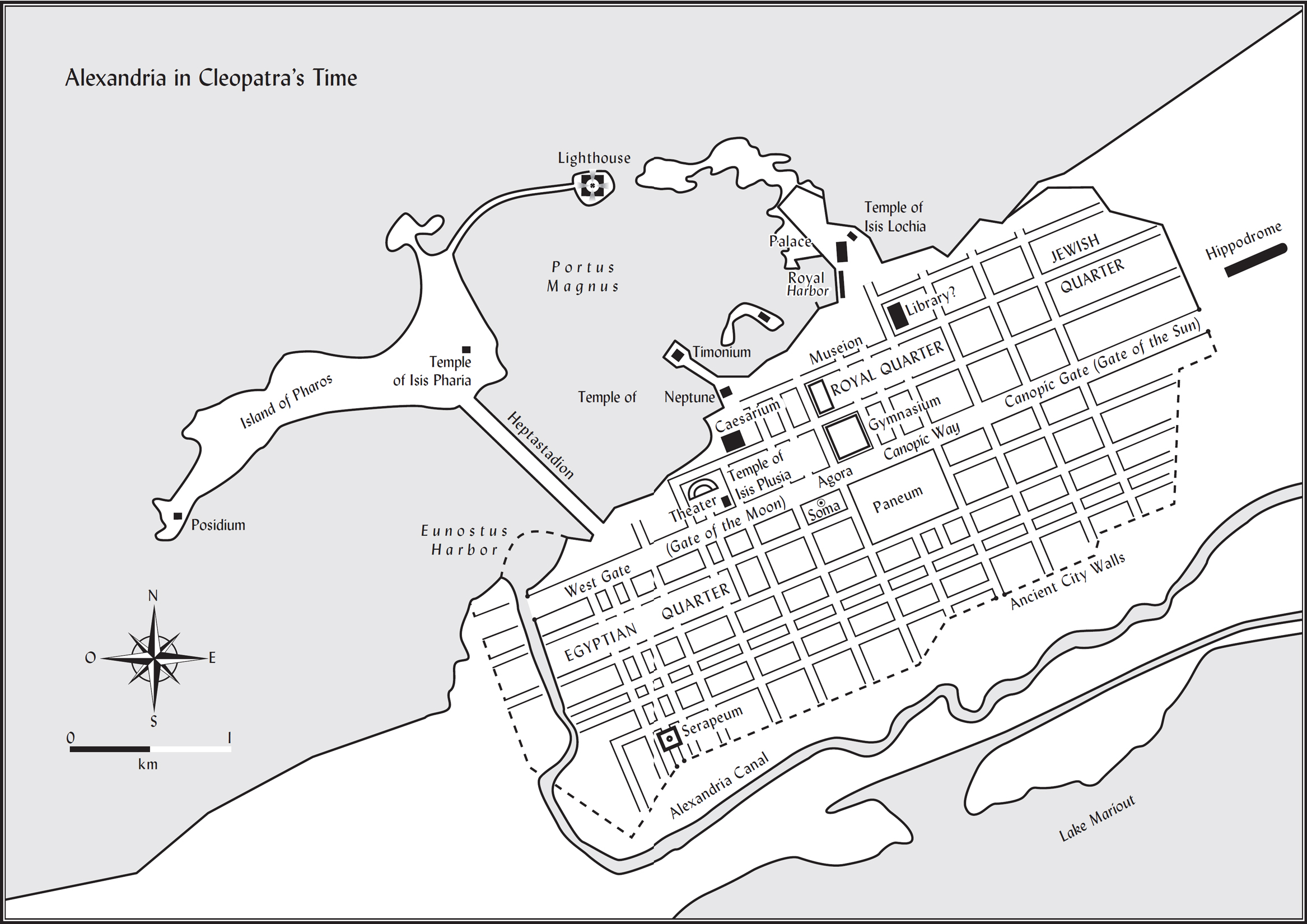
Map design 2020, Studio Leksis.
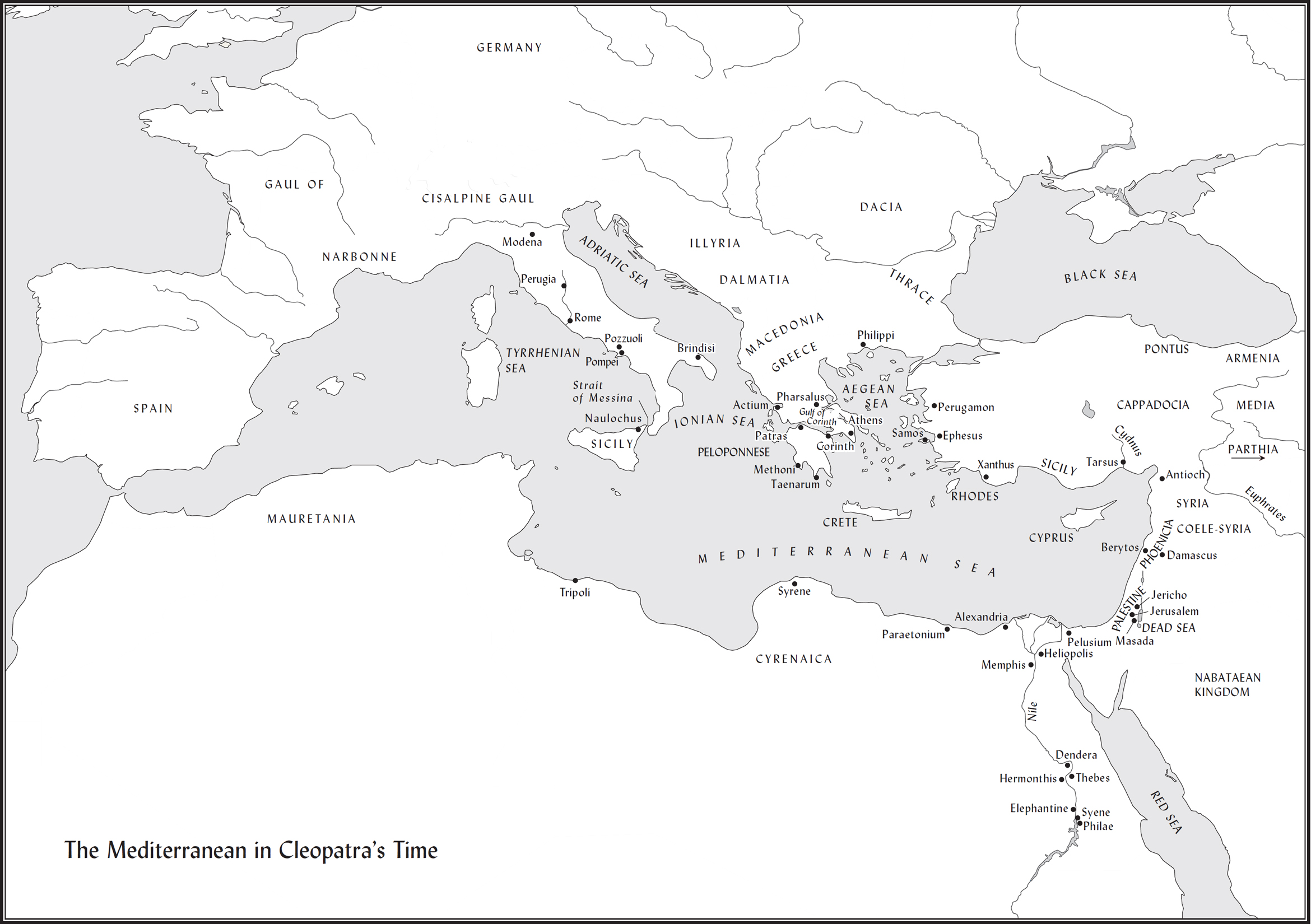
Map design 2020, Studio Leksis.
To Riccardo, Edoardo, and Alessandro.
To all the boys and girls with the future in their
eyes and all our hopes in their hearts.
Cleopatra is a name that summons definite images and feelings in every one of us. In our minds eye we immediately see the face of a stunning-looking, intelligent, and elegant woman with a deep gaze, and oozing sensuality. Were immediately enveloped by the charm of Ancient Egypt and Rome. We automatically associate her name with Julius Caesar and Mark Antony, and the two greatest love stories of all time. Few figures from the past can arouse such powerful feelings in us, even though they lived a long, long time ago, more than two thousand years ago to be precise.
But how could this have happened? How did a delicate, lone woman, in an ancient world dominated by men, lead the kingdom of Egypt to its greatest expansion ever and become one of historys brightest stars? Its a question I have tried to answer in this book.
Ive tried to discover who Cleopatra really was, how she managed to seduce and conquer some of Romes greatest men, like Caesar and Mark Antony, and to what she owed her extraordinary talent for strategy in the field of geopolitics.
You will see emerge the figure of an amazingly modern woman, one very different from what we expect. Its precisely Cleopatras modernity that allowed her to stand out so powerfully in ancient history. Even now, she would most probably have left her mark on politics, industry, or high finance, but since she lived more than two millennia ago, she had a crucial influence on her world.
One of the driving forces behind this book was to try to discover the importance of her role at one of ancient historys pivotal moments. Of course, it escapes no ones notice that she lived at a turning point between two great civilizations, Ancient Egypt and Rome. But thats not all: she was present at the exact stage when the long history of the kingdoms of Egyptincluding the pharaohsended and that of the Roman Empire began through the principate of Augustus. I could summarize the life and times of Cleopatra in just a few words: the twilight of a kingdom and the dawn of an empire.
This book focuses on a crucial passage in history, specifically on the fourteen-year period between March 44 BC and August 30 BC. It comes as a surprise to discover how pivotal these few years were for antiquity and Western history. As a matter of fact, our story begins with six important names connected to powerCaesar, Cassius, Brutus, Mark Antony, Octavian, and Cleopatraand only one is left at the end: Octavian. It was he, now with no more rivals, who would have the time and wisdom to lay the foundations of one of the greatest empires of all time: Rome.
The question is: How instrumental was Cleopatra in making this process possible and indirectly allowing Octavian to be the only one left in power? As you will see, very much so. Because Cleopatra is not only an alluring woman and a queen very capable of managing power, but also an incredible historical catalyst.
Your journey through this book will take place in the extraordinary framework of classical antiquity, against the backdrop of three continents: Europe, Asia, and Africa, from the river Nile to the mountainous expanses of Armenia, from Cleopatras palaces to Caesars home, from the Lighthouse of Alexandria to the Roman Senate, from the Greek coast to the arid areas of the Middle East; and it will transport you for thousands of miles, crossing the Mediterranean many times. You will witness important naval clashes, cruel land battles, explore the splendid home of Cleopatra in Alexandria and those of the Roman authorities, all of this told in a narrative style devised specifically to make you feel as though you are right there, in the places and atmosphere of that time.
This journey has involved the careful consultation of a great number of materials and sources, from essays written by modern historians, experts, and scholars to texts by ancient authors and descriptions of archaeological findings. It has not been easy to reconstruct in full the events and locations you will read about. More than two thousand years later, sometimes all you can rely on is the evidence and writings of the ancients, bearing in mind all their potential limitations, since some were hostile to Cleopatra and Mark Antony or else influenced by pro-Octavian and anti-Cleopatra propaganda. Moreover, in these writings many episodes are incomplete or fail to feature altogether.
In addition, we cant be certain what the buildings visited or lived in by Cleopatra, Caesar, and Mark Antony looked like because hardly any of them are still around. The tables, clothes, marbles, and palaces have disappeared, the legendary lighthouse has collapsed, and entire cities have vanished: the Alexandria of Cleopatra was demolished over the centuries and is now covered by modern buildings, and Antioch, which used to be the third-largest city on the Mediterranean, no longer exists. To make a comparison, it would be as though Paris, Frankfurt, London, New York, or Washington were to disappear two millennia from now, and people would wonder what they were like, relying on books and descriptions.
We dont even know what Cleopatra really looked like...
So what can we do? We can take the only possible approach. If reality has gone, we can make plausible reconstructions based on what we know about that time, on archaeological data, and by making use of the advice of contemporary historians. All the fictionalized parts in this book are based on faithful historical reconstructions of the locations and customs of the time.
The narrative style helps to breathe life into actual, experienced history, which clings, often in shreds, to these precious ancient textsprovided everything in the storytelling is carried out with precision or, in the absence of information, as plausibly as possible.
The hardest thing was to describe Cleopatras, Caesars, Antonys, and Octavians states of mind. These have sometimes been taken from ancient sources, while at other times it has been necessary to describe a scene, making it clear that its actually a reconstructionplausible of course, but nevertheless hypothetical. I dont believe theres any other way to stand beside the protagonists at the very moment when history is being made. There are many books on ancient history, and precious, inexhaustible sources of information, data, and quotations. But these are often rather dry because they lack life. History is also a story. Is it possible to bring together historical information and storytelling? To combine the pleasure of reading a novel with the rigor of an academic text? Id like to think so, and have tried to do something different with my book: to breathe life into history and create a piece of work that provides information using a different way, in a style akin toand certainly not intended to replacethe classic books on ancient history. I take full responsibility for any potential errors, but the opportunity to stand next to Cleopatra during the crucial moments of ancient history was not to be missed...
Enjoy the book.
Font size:
Interval:
Bookmark:
Similar books «Cleopatra»
Look at similar books to Cleopatra. We have selected literature similar in name and meaning in the hope of providing readers with more options to find new, interesting, not yet read works.
Discussion, reviews of the book Cleopatra and just readers' own opinions. Leave your comments, write what you think about the work, its meaning or the main characters. Specify what exactly you liked and what you didn't like, and why you think so.

